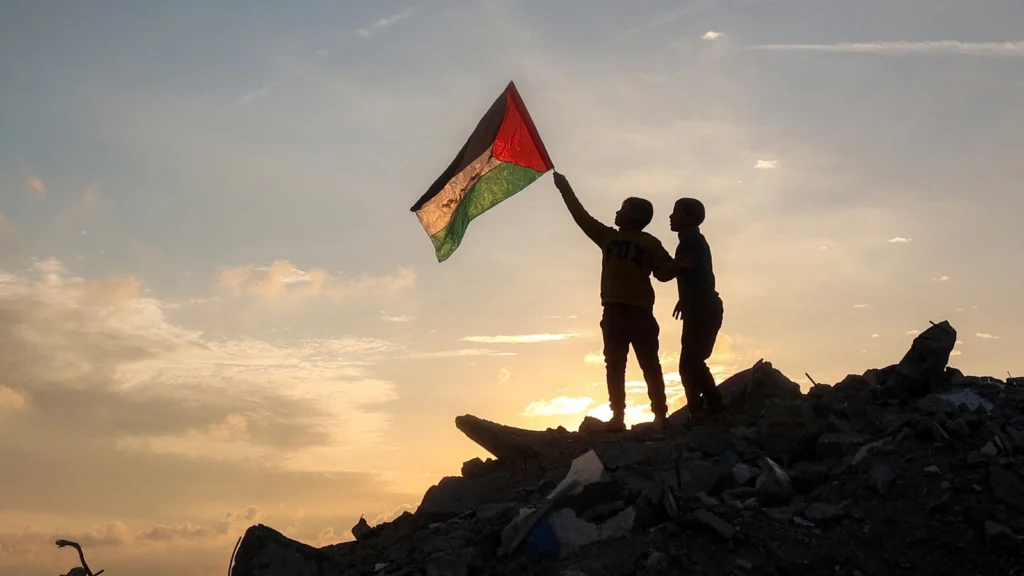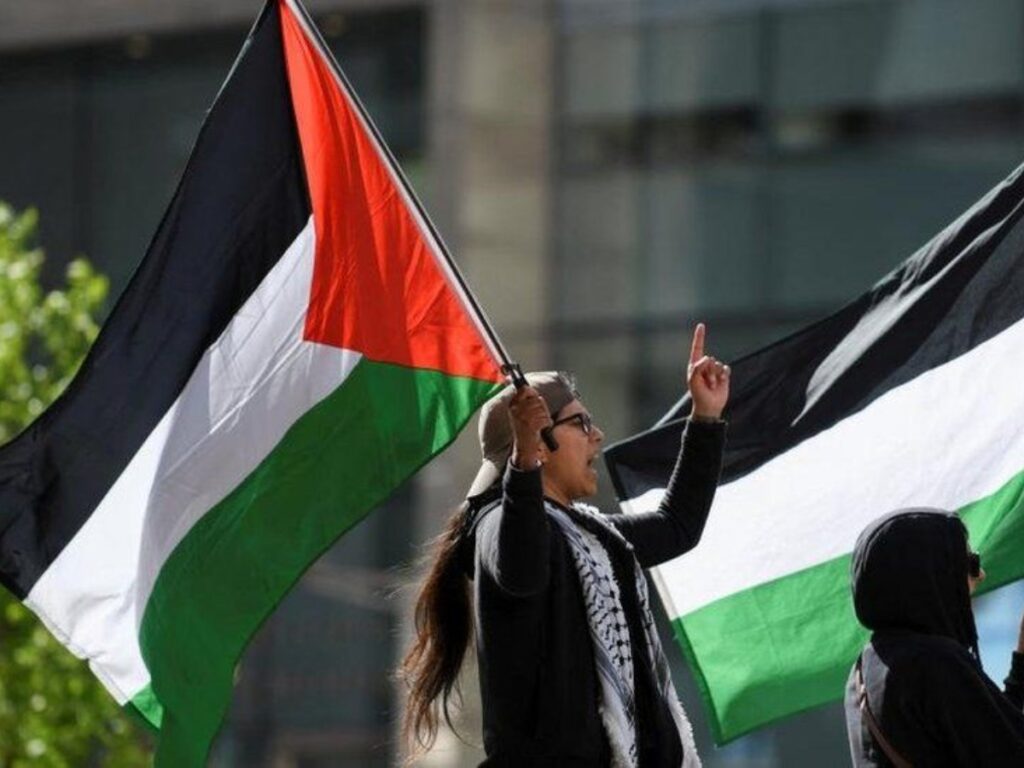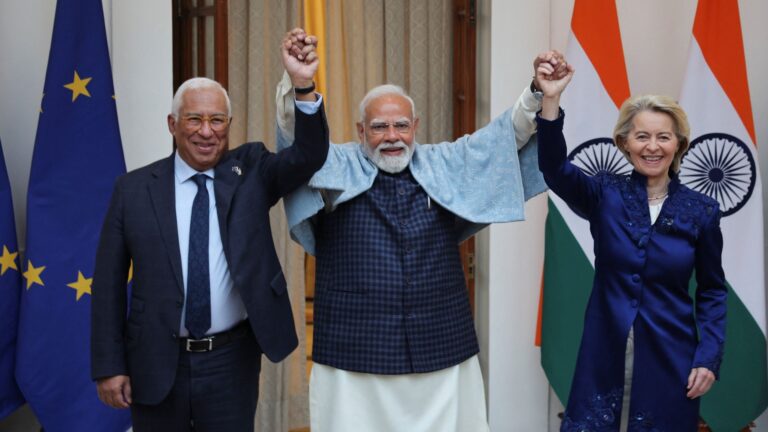
In a move hailed as a potential catalyst for peace, the United Kingdom, Canada, Australia and Portugal have formally recognized the State of Palestine, on Sunday. The coordinated recognition marks a significant shift in international diplomatic relations with Palestine.
The Recognition
The United Kingdom, Canada, Australia and Portugal officially recognized the State of Palestine on September 21, 2025, in a coordinated effort aimed at reviving the possibility of a two-state solution amid ongoing conflict in the Middle East. All four recognitions come with conditions attached and do not immediately grant full diplomatic relations.
- Reforms to its governance.
- Holding elections in 2026, without the involvement of Hamas.
- The demilitarization of the Palestinian state.
- Canada formally recognized the State of Palestine as part of a coordinated international effort. The Canadian government’s statement emphasized that it would work with the PA to build a peaceful future.
Conditions and limitations: As with the UK, Canada’s recognition is predicated on several conditions, including:
- The PA’s commitment to governance reforms.
- Upcoming 2026 elections in which Hamas would play no part.
- The demilitarization of the Palestinian state.
Australia formally recognized the independent and sovereign State of Palestine. The government indicated that further steps toward full diplomatic relations would be contingent on the PA’s progress toward certain reforms.
Australia’s recognition is tied to the PA making progress on specific commitments, including:
- Governance, financial, and educational reforms.
- Commitment to democratic elections.
- Ensuring that Hamas has no role in the future governance of Palestine.
Reactions from Palestine
Palestinian leaders praised the decisions by countries like the UK, Canada, Australia, and Portugal to formally recognize a Palestinian state. The Palestine Ministry of Foreign Affairs welcomed Countries’ Recognition of the State of Palestine, Considering It a Cornerstone for Preserving the Two-State Solution and Advancing Peace. Palestinians hope that the growing diplomatic support will translate into more decisive action to establish a sovereign state and hold Israel accountable.
The Ministry of Foreign Affairs and Expatriates welcomes the decision of the Republic of Portugal to recognize the State of Palestine, regarding it as a courageous step consistent with international law and United Nations resolutions, and one that bolsters ongoing efforts to achieve peace and advance the two-state solution.
Some Palestinians hope recognition will provide a stronger legal framework for international law to be applied in the occupied territories. Recognition is viewed as potentially increasing diplomatic and economic pressure on Israel. This could include expanding boycotts of Israeli products and redirecting direct financial support to Palestinians. Many see the diplomatic moves as a positive shift in Western perceptions of the conflict.

Reactions from Israel
The Israeli government has condemned the international recognition of a Palestinian state, viewing it as a reward for terrorism that undermines peace efforts. Following a wave of recognitions by Western countries at the UN General Assembly, Israeli officials described the moves as a “reward for terrorism”. Israeli Prime Minister Netanyahu stated, “You are giving a huge reward to terrorism,” a message echoed by Israel’s UN Ambassador Danny Danon, who called the UN summit a “circus”.
Historical Context
The Israeli-Palestinian conflict is a long-running dispute over land and self-determination in the territory of the former British Mandate of Palestine. Its complex history dates back over a century and involves competing national movements, key wars, failed peace attempts, and an ongoing Israeli military occupation.
Since 1967, Israel has occupied the West Bank and established settlements considered illegal under international law, fragmenting Palestinian land, stifling economic development, and escalating tensions. It also annexed East Jerusalem, a move rejected globally. Although Israel withdrew from Gaza in 2005, it still controls the territory’s borders, airspace, and waters. Since 2007, Israel and Egypt’s blockade on Gaza has restricted movement of people and goods, worsening the humanitarian crisis.
“The formal recognition of the State of Palestine by the UK, Canada, Australia and Portugal marks a notable shift in the international landscape and injects new momentum into the long-stalled peace process. However, the path towards a lasting resolution remains fraught with challenges, and the future of the Israeli-Palestinian conflict remains uncertain.
For more such informative articles stay tuned to The World Times.



